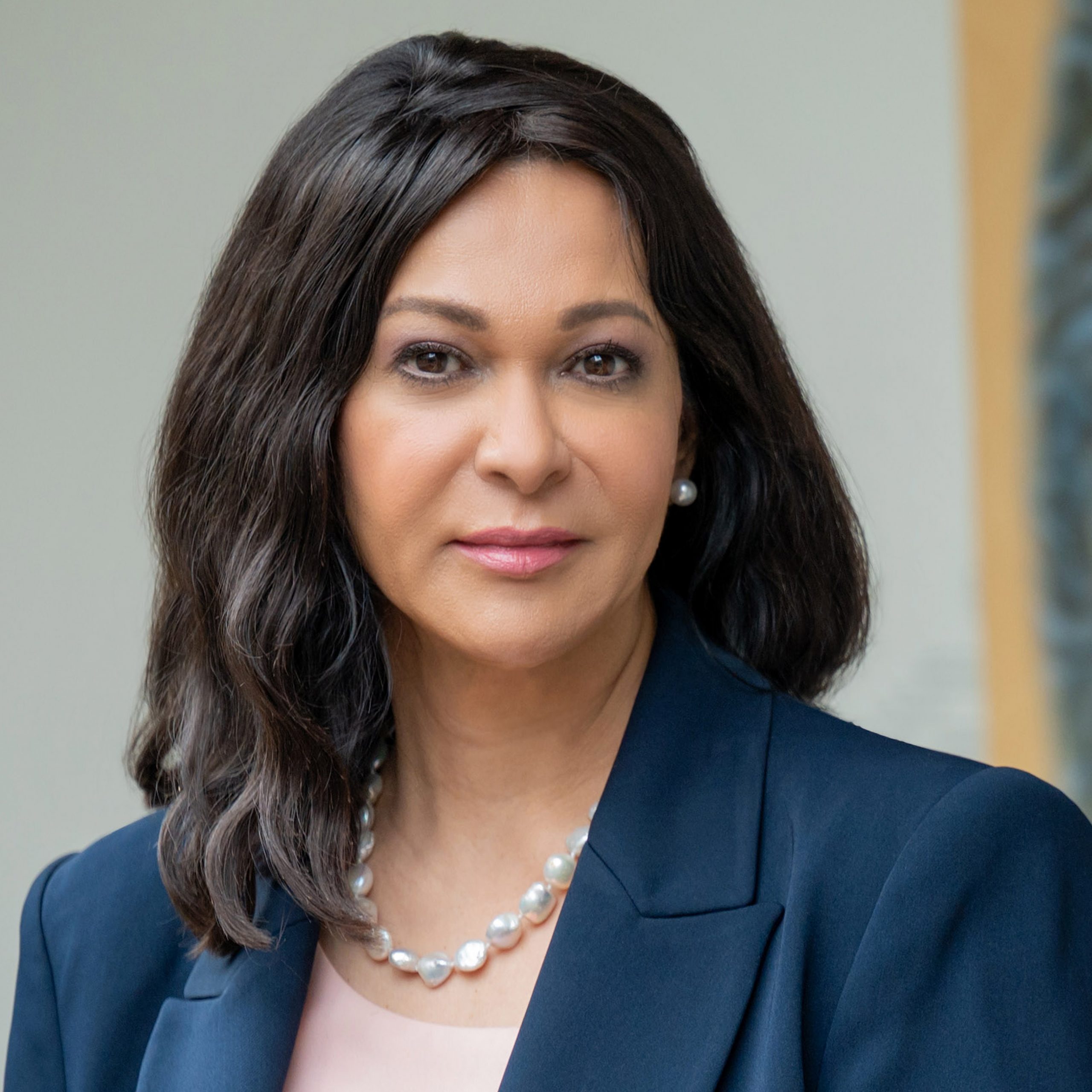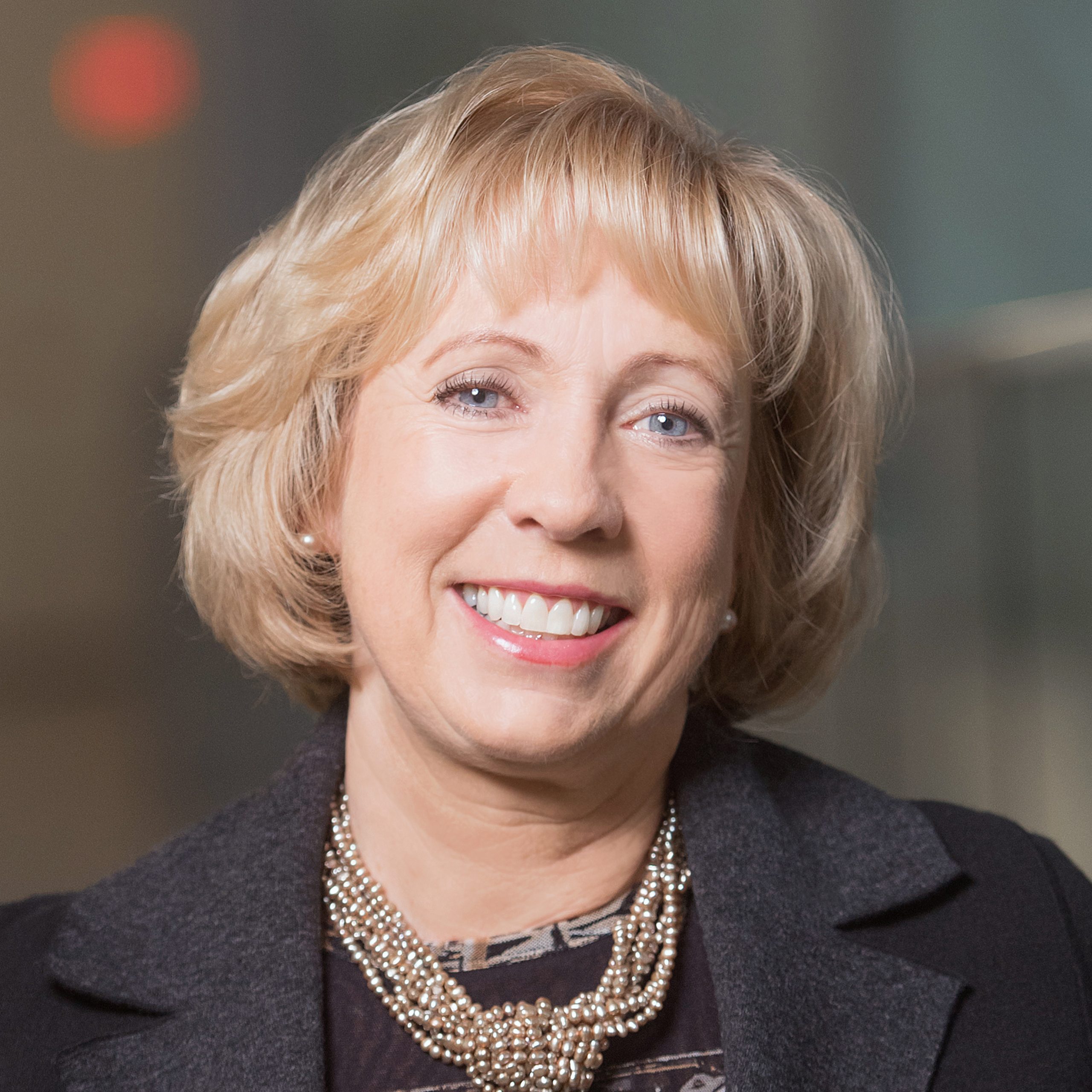[et_pb_section fb_built=”1″ _builder_version=”4.19.0″ _module_preset=”default” hover_enabled=”0″ global_colors_info=”{}” sticky_enabled=”0″][et_pb_row _builder_version=”4.19.0″ _module_preset=”default” hover_enabled=”0″ global_colors_info=”{}” sticky_enabled=”0″][et_pb_column type=”4_4″ _builder_version=”4.18.0″ _module_preset=”default” global_colors_info=”{}”][et_pb_blurb admin_label=”Blurb” _builder_version=”4.19.0″ _module_preset=”default” hover_enabled=”0″ global_colors_info=”{}” sticky_enabled=”0″]
Five members of the UBC School of Population and Public Health are among 48 new Fellows elected into the Canadian Academy of Health Sciences (CAHS) for 2023.
Election to Fellowship in the Academy is considered one of the highest honours for individuals in the Canadian health sciences community.
“I would like to personally congratulate all the applicants that were elected as a Fellow in the Canadian Academy of Health Sciences for 2023. This recognition reflects their dedication and excellence in their field,” said Dr. Jan Sargeant, chair of the CAHS Fellowship Committee. “We look forward to having their expertise further enrich the work of our Academy.”
Dr. Michael Brauer, Professor, School of Population and Public Health

Dr. Brauer is an internationally recognized expert in environmental epidemiology, and widely regarded as a global leader in exposure assessment of air pollution and evaluation of its impacts on population health. Dr. Brauer has advised the World Health Organization and the U.S. State Department on air pollution, and led a working group for the International Agency for Research on Cancer regarding air pollution carcinogenicity. He is a leader in urban sustainability and the built environment; his global work and public health advocacy have motivated actions to mitigate climate change-related emissions.
Dr. Neeru Gupta, Head and Professor and Stephen M. Drance Chair, Department of Ophthalmology & Visual Sciences

Dr. Gupta is a recognized leader with numerous awards for contributions to eye health and vision science research. Investigating relationships with other health conditions, she has identified new ocular targets to fight blindness, introduced novel glaucoma drugs through clinical trials, and pioneered surgical methods to treat patients. She is editor in chief of the Journal of Glaucoma and president of the International Council of Ophthalmology. Championing global collaborations, she spearheaded international guidelines for eye care training and standards of care. Her work with the World Health Organization contributed to the first Package of Eye Care Interventions, developed for policymakers worldwide.
Dr. Bev Holmes, Adjunct Professor, School of Population and Public Health

Dr. Holmes leads British Columbia’s health research agency and studies health research systems with a focus on funding, producing and using evidence to improve health. She’s a member of Canada’s National Alliance of Provincial Health Research Organizations, adjunct professor at SFU’s Faculty of Health Sciences and UBC’s School of Population and Public Health, and a chartered director at the Degroote School of Business, McMaster University. She and her partner have four children and two grandchildren. They are grateful to live on the traditional unceded territories of the xʷməθkwəyəm (Musqueam), Səlílwətaʔ/Selilwitulh (Tsleil-Waututh) and Skwxwú7mesh (Squamish) First Nations.
Dr. Deborah Money, Professor, Department of Obstetrics & Gynecology

Dr. Money is a professor of obstetrics and gynecology, medicine, and population and public health, at the University of British Columbia. She is very proud of developing an education and research program in reproductive infectious diseases (RID) that has trained many scientists and clinicians across Canada. Her research has led to improved understanding of the impact of HIV treatments in pregnancy and infancy, the role of the vaginal microbiome in health and disease, the role of HPV and the vaccine on prevention of cervical cancer in women living with HIV and the impact of COVID-19 on pregnant women.
Dr. Craig Stephen, Clinical Professor, School of Population and Public Health

Dr. Stephen is an internationally recognized One Health and EcoHealth practitioner. He develops ideas, capacities, and evidence to concurrently promote the health of people, animals and their shared environments. He uses population health concepts on issues ranging from conservation, to global health, emerging threat preparedness and climate change. Craig works internationally with all levels of government, the non-profit sector, community groups, universities and industry to adapt health promotion and harm reduction concepts to health disciplines outside of the usual public health realms. His aim is to help develop sensible, practical, and evidence-based actions to promote inter-species and inter-generational health equity.
Read the announcement by the Faculty of Medicine.
Read the announcement by CAHS.
[/et_pb_blurb][/et_pb_column][/et_pb_row][/et_pb_section]
Comments are closed, but trackbacks and pingbacks are open.